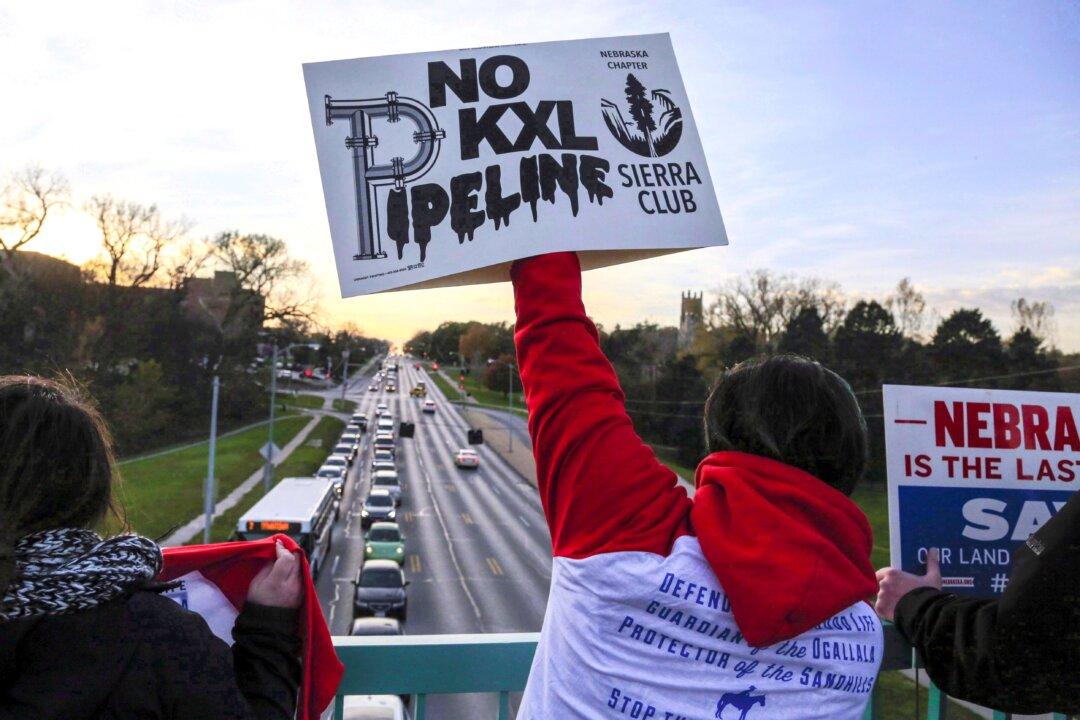In 2016, a foreign-based organization financed by foreign-based foundations claimed the anti-pipeline campaign it co-ordinated “played a role in helping to unseat the Conservative Party in Alberta and nationally.”
This finding was among the examples of political activism by environmental groups revealed in the Alberta government’s inquiry into campaigns against the province’s energy sector, released on Oct. 21.





